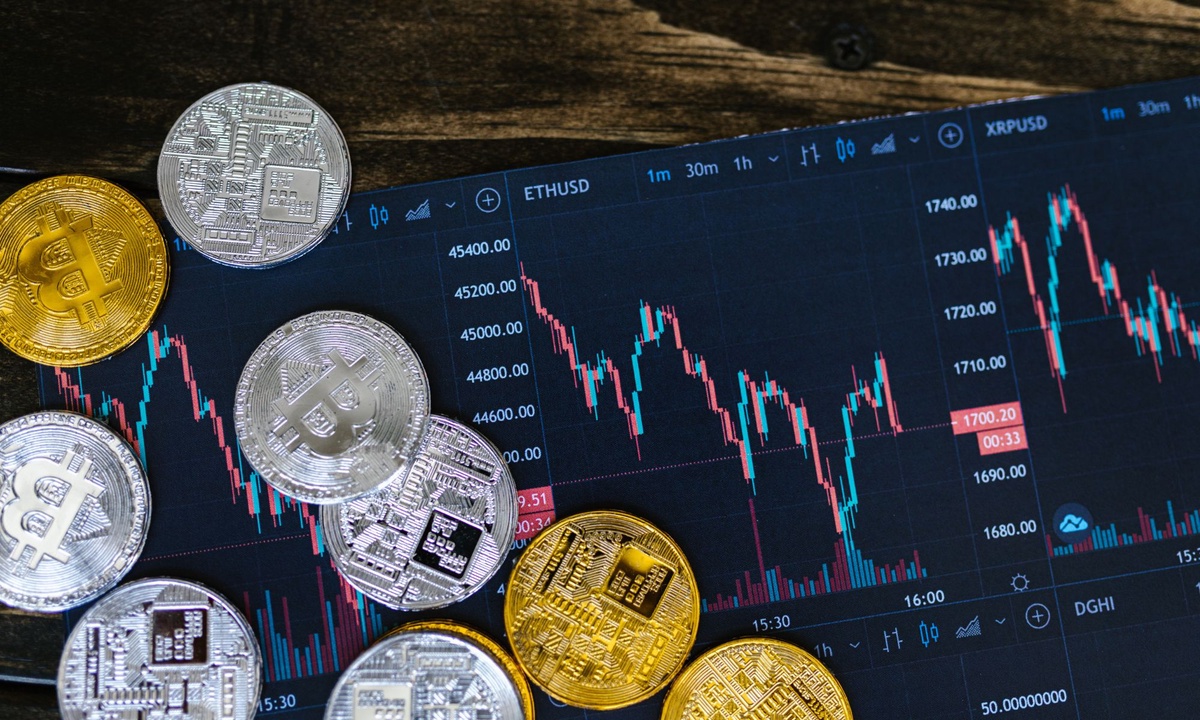Have you ever contemplated making a stock market investment? If so, you should also know what is required to invest in the stock market. You must first thoroughly research any top 10 stock advisory firms in India. These stock advisory organizations will help you move forward with a demat and trading account. A trading account and a depository account (Demat) are one of the most crucial and necessary prerequisites for investors. Sometimes these accounts could be clearer to many traders, even some beginners. The confusion right here might take place as they are frequently connected.
Additionally, they can both get opened through an experienced brokerage. The distinction between a Demat account and a trading account is essential to understand if you wish to trade easily because each has various requirements for effective and efficient use.
The investor’s savings bank account and the Demat account serve as intermediaries for the trading account. It holds assets in their dematerialized form. A Demat account and a trading account are a necessity to deal in shares. Using these accounts, investors may easily buy or sell shares. Investors should note that both these accounts are connected to bank accounts to ensure a seamless transactional flow.
Demat Account Vs Trading Account:
The Characteristics of Trading and Demat Accounts
The shares that get sold or bought get held in dematerialised or Demat accounts, as they are more commonly known. The abbreviation “Demat” for “dematerialised” refers to the practice of storing any securities acquired through exchanges in electronic representations. The Demat account and the bank account get connected through the trading account.
If you use a trading account, shares held in the Demat account are bought and sold on the stock market. For any securities that are “saved” or “stored,” a Demat account functions more like a savings account or a storage facility. While if you notice, the trading account can get compared to a current one for share purchases. In short, a trading account gets used for the transactions that traders and investors engage in concerning their securities.
Know the functionality of Demat and trading account.
Trading and Demat accounts serve different purposes while investing in the stock market. A Demat account is beneficial in the tracking of the shares you purchase. It merely changes the physical shares’ format to one that is electronic. You cannot utilise it to conduct a trade or a transaction. However, you can purchase and sell shares using a trading account. Before securities arrive at your Demat account, where they will be stored until you sell them, you can trade them using this account.
These two accounts can get compared to your bank account. A savings account is almost identical to a Demat account. Your Demat account is where your shares are kept, just like your savings account at the bank. All of your investments can get safely stored in this account. The trading account, on the other hand, functions as a current account. It’s employed to complete the deal. It removes your shares from your Demat account so that you can sell them later.
The difference you can find in the charges of a Demat and a trading account
One PAN card can access an unlimited number of trading or depository accounts by a single user. One may have many trading or Demat accounts with the same or different brokers.
Investors wishing to maintain several Demat accounts must pay annual maintenance fees. AMC payments are necessary even if the Demat accounts aren’t in action. Along with the AMC fees, the account holder is responsible for the custodian and transaction fees. There would be no further costs beyond those incurred on starting the account if the investor only had one trading account. Your investing journey needs both accounts to invest in the stock market.
Therefore, be fully aware of the differences between the two. You can conduct additional studies using the best trading app in India. It will make it easier to make smooth investments to increase your wealth.


No comments yet